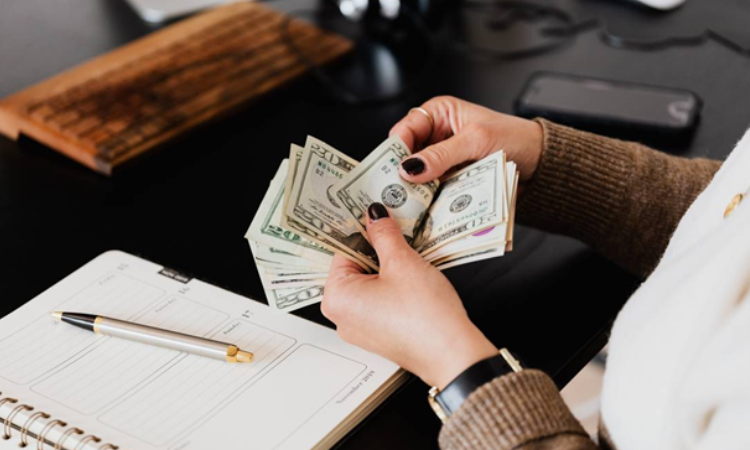
Arti Arora, CFP | Head Financial Planner
The only thing that is certain about our lives is the uncertainty in it. How do you plan for next 3,5,10 years or more when you don’t know how the next moment of your life would turn out?
There are only two ways to handle the above question - either you work towards covering for these
Uncertainties or leave it to the almighty. But then, we have also heard and read that God only helps those who help themselves and so ideally speaking, the former remains the only recourse, at least the financial bit of it, and that is to step by step, monetarily provide for the ‘unforeseeable’.
As a thumb rule of financial planning, we recommend that our clients hold at least 3-6 months of their total monthly expenses in cash or in completely liquid assets, like fixed deposits or liquid funds. Additionally, an emergency cash reserve equivalent to one’s annual expenses is ideal for a working individual and of course, this requirement increases for retirees or someone with an ongoing medical condition.
For the sake of calculation, expenses here include the sum total of all monthly household expenses, loan EMIs, as well as committed investments in mutual funds (through SIPs) and insurance premiums amongst others.
The Covid19 pandemic has clearly laid out the importance of maintaining a cash reserve as most things that could go wrong in our financial lives went wrong in these past few months - from our earnings being strained to markets falling, impacting our equity investments to health expenses going up etc. The only thing that would have probably worked for us in these uncertain times would be the emergency cash reserves that we may have managed to build in non-market linked investments.
For those of us who haven’t been serious about their financial discipline, this difficult time would only have gotten worse as they would have had no other recourse but to book losses in their equity investments and add to the existing physical and mental strain.
Doing a few things right in your life can be a very rewarding experience and maintaining an adequate ‘Emergency Fund’ is just one of them